Zero Waste Baby Feeding Tips USA – Shocking Truths for Sustainable Parenting
The world of baby feeding in the United States is full of secrets—especially when it comes to waste. Did you know that over 2 billion baby food pouches and single-use bottles end up in landfills every year, just in the USA? That’s not only bad for the planet but also affects your baby’s health and your family’s budget. Many parents don’t realize how much unnecessary trash they’re producing daily.
The Problem:
Disposable bibs, plastic utensils, pre-packaged purees… it’s convenient, sure, but it all adds up. Landfills overflow, and microplastics make their way into the environment.
Real Impact:
Studies show American families can cut their baby feeding waste by over 70% just by making a few simple changes.
Why Parents Should Care:
Less waste means a healthier home, less exposure to toxins, and a better world for your child to grow up in.
First Steps:
-
Swap disposable for reusable whenever possible
-
Prepare baby food at home with real, whole foods
-
Choose natural, non-toxic cleaning and storage solutions
Info Table: USA Baby Waste Facts
| Waste Source | Yearly Waste (USA) |
|---|---|
| Baby food pouches | 2+ billion |
| Plastic bottles | 1.3 billion |
| Disposable bibs | 900 million |
| Plastic utensils | 650 million |
| Money wasted | $500+/family |
Surprising Benefits of Zero Waste Baby Feeding in the USA
Health Gains
Zero waste feeding means less exposure to harmful plastics and chemicals. Stainless steel and glass gear don’t leach toxins, and fresh homemade food keeps your baby healthy and strong.
Saving Money
It’s shocking: families who go zero waste with baby feeding save up to $600 a year! Reusable items last for years, and homemade food is much cheaper than store-bought pouches.
Eco-Impact
By going zero waste, you’re saving thousands of pounds of garbage from American landfills and reducing your family’s carbon footprint.
Family Lifestyle Changes
You’ll notice less clutter, more mindful shopping, and even new family traditions—like making food together or composting leftovers.
Info Table: Zero Waste Benefits
| Benefit | Real-Life Result |
|---|---|
| Healthier baby | No toxins, more nutrients |
| Big savings | Up to $600/year |
| Cleaner kitchen | Less clutter, more space |
| Eco-friendly | 70%+ waste reduction |
| Stronger family | More teamwork, less stress |
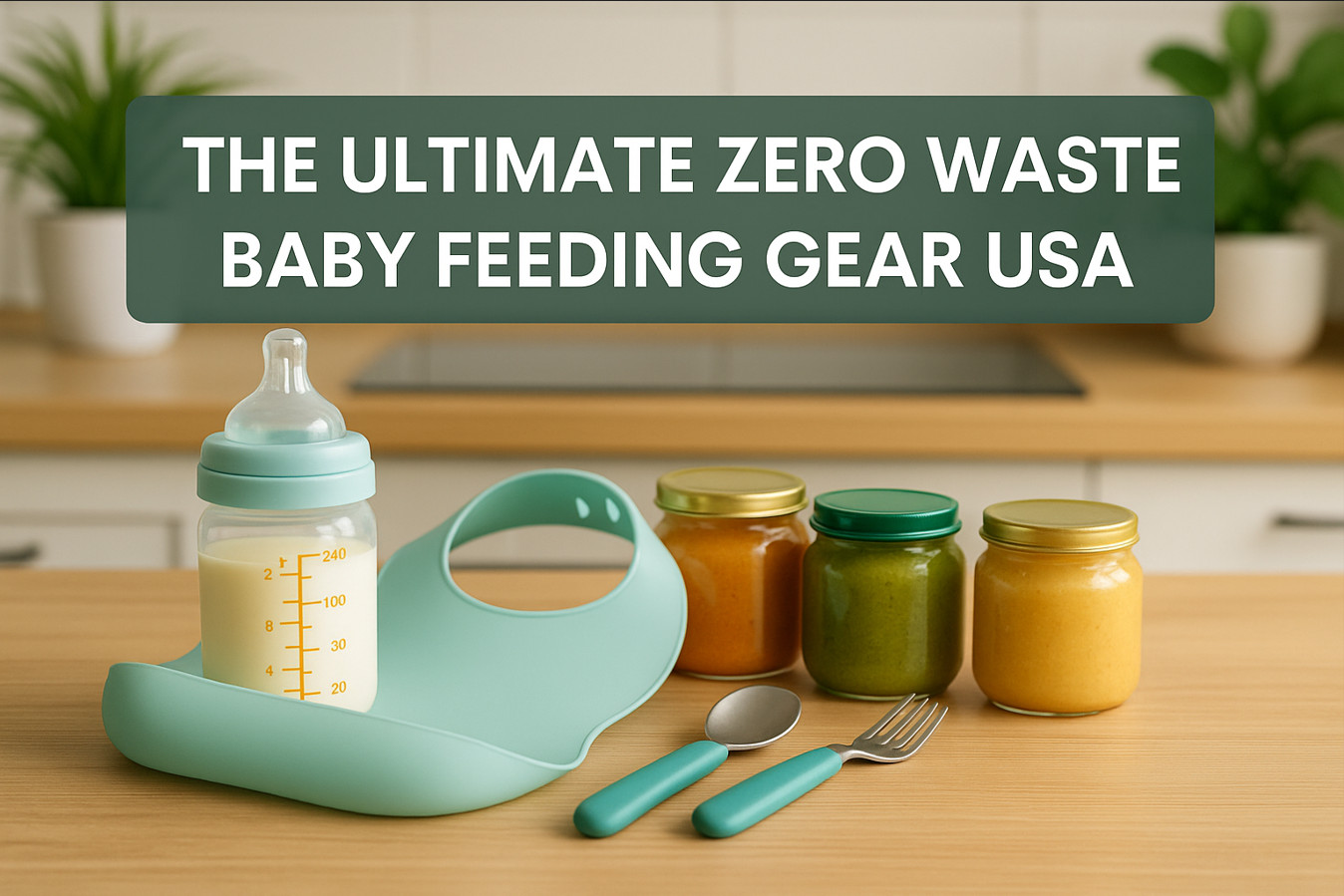
The Ultimate Zero Waste Baby Feeding Gear USA
Reusables You Need
Glass and stainless steel bottles, silicone bibs, cloth napkins, and stainless steel utensils are your new best friends.
Best USA Brands
-
Green Sprouts: Non-toxic bottles and utensils
-
Haakaa: Reusable breast pumps, storage
-
Planet Wise: Cloth bags and snack packs
-
Mason Bottle: Reusable glass feeding bottles
Budgeting Tips
Buy quality once, use for years! Thrift stores and Facebook Marketplace can be gold mines for gently-used gear.
Gear Maintenance
Wash with natural soaps and dry in the sun. Repair instead of replacing when possible.
Info Table: Gear Shopping
| Product Type | Top USA Brand | Price Range | Lifespan |
|---|---|---|---|
| Bottles | Mason Bottle | $10–$25 | 3+ years |
| Bibs | Planet Wise | $8–$15 | 3+ years |
| Utensils | Green Sprouts | $7–$18 | 3+ years |
| Food storage | Haakaa | $10–$25 | 3+ years |
| Snack bags | Planet Wise | $6–$12 | 3+ years |
Transforming Baby Food Prep: Zero Waste Style
Homemade Food Guide
Pureeing or mashing fruits and veggies at home is quick, easy, and so much better for your baby and the planet.
Bulk Shopping
Buy whole foods in bulk—think brown rice, lentils, carrots, apples. Use your own cloth bags.
Storing & Freezing
Glass jars or silicone trays are perfect for freezing homemade food. Label everything with dates and use older portions first.
Meal Planning
Plan a week’s meals in advance. Batch cooking saves time, reduces stress, and eliminates last-minute waste.
Info Table: Food Prep Tips
| Tip | Why It Works |
|---|---|
| Make purees in bulk | Saves time, less packaging |
| Use glass containers | No plastic waste/toxins |
| Label everything | No spoilage, no waste |
| Plan meals weekly | Less shopping, less waste |
| Buy in-season produce | Cheaper, fresher, local |
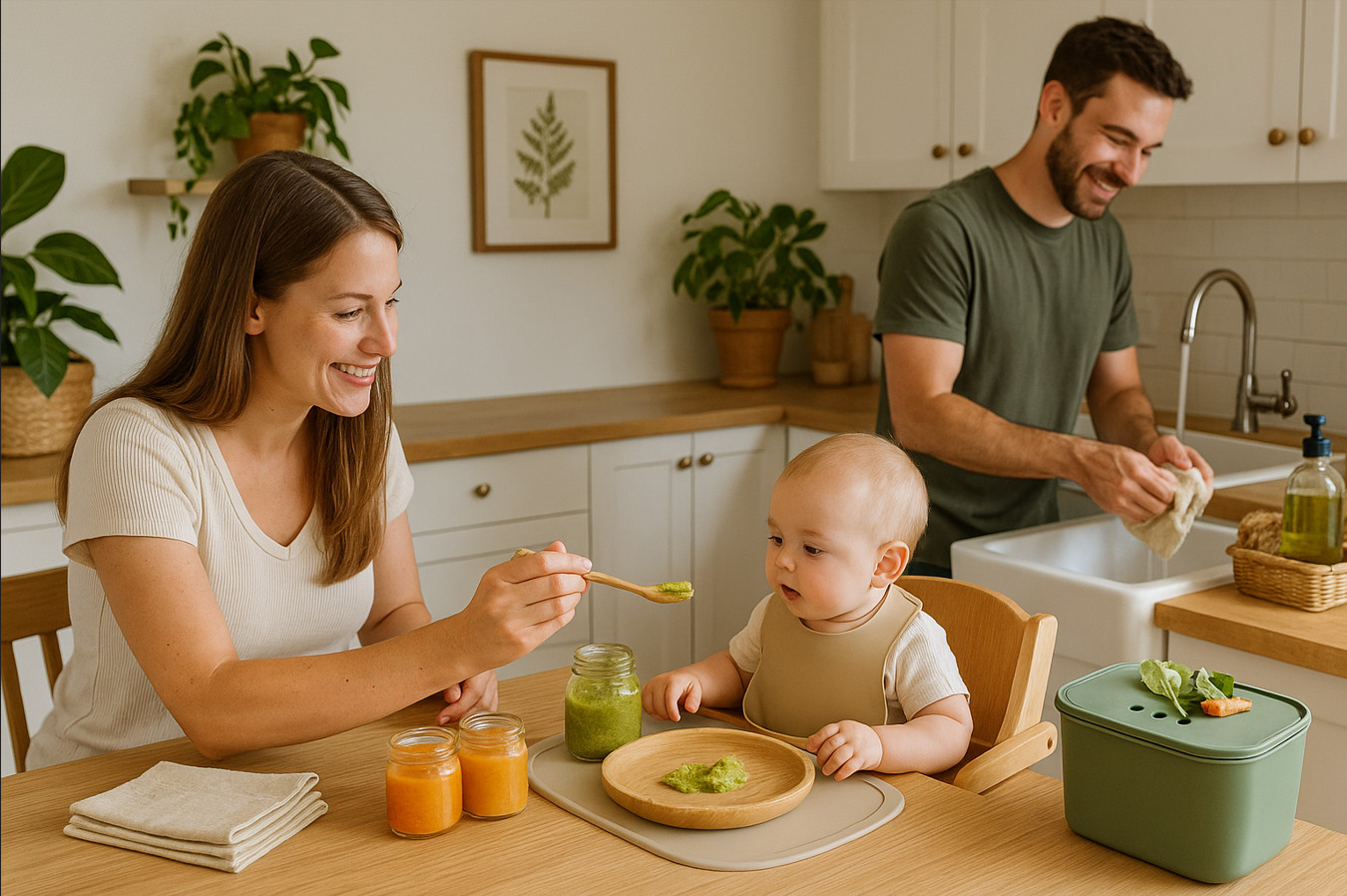
Secrets to a Sustainable Baby Feeding Routine
Time-Saving Hacks
-
Prep snacks and purees for the week on Sundays
-
Keep a “go-bag” with feeding gear ready for outings
On-the-Go Solutions
Pack snacks in cloth bags, and carry a stainless steel water bottle. Refuse single-use napkins or plastics when you’re out.
Cleanup & Composting
Use natural cleaners (vinegar and water) for bottles and dishes. Compost leftover food, fruit peels, and biodegradable wipes.
Staying Consistent
Remind yourself why you started! Make it a family project—kids love to help with simple tasks.
Info Table: Sustainable Routines
| Routine Hack | Impact |
|---|---|
| Weekly batch cooking | Saves hours & waste |
| Cloth snack bags | No disposables |
| Compost bin at home | Turns waste to soil |
| Natural cleaning | Safe & eco-friendly |
| Family involvement | Builds good habits |
Where Most Parents Go Wrong: Avoiding Hidden Waste Traps
Most Wasted Items
Single-use food pouches, snack wrappers, plastic spoons, and disposable wipes.
Common Mistakes
-
Buying bulk but storing in plastic
-
Using disposables out of habit
-
Not planning meals ahead
How to Fix Them
-
Switch to glass or silicone storage
-
Keep reusable gear in your car or stroller
-
Start small: pick one swap per week
Eco-Alternatives
Compostable wipes, bamboo utensils, and upcycled containers work wonders!
Info Table: Hidden Waste Traps
| Waste Trap | Easy Fix |
|---|---|
| Food pouches | Homemade snacks |
| Plastic utensils | Stainless steel set |
| Snack wrappers | Cloth snack bags |
| Disposable wipes | Reusable cloth wipes |
| Plastic containers | Glass/silicone jars |
FAQs: The Truth About Zero Waste Baby Feeding in America
Does zero waste feeding cost more?
Not in the long run! Reusables pay for themselves in a few months.
Is it safe for my baby?
Yes—zero waste feeding means fewer toxins and more fresh, natural food.
Where can I find zero waste baby gear in the USA?
Eco shops, online stores, thrift shops, and even local parenting groups.
Can I do zero waste on the go?
Definitely. Prepare snacks at home, pack your own gear, and refuse disposables.
What if I don’t have time?
Batch cooking, meal planning, and keeping reusable gear handy make it easy.
Are there American support groups for zero waste parents?
Yes! Join Facebook groups, follow Zero Waste USA, and connect with local communities.
Conclusion: Next Steps for USA Sustainable Parenting
Zero waste baby feeding in the USA is not just a trend—it’s a movement. By making small, mindful changes, you’re giving your baby a healthier start, saving money, and doing your part for the planet. Remember, every reusable bottle or homemade puree is a step toward a cleaner, greener America.
Ready to take action?
-
Start with one swap today
-
Share your journey with friends
-
Join local and online communities for support
-
Celebrate every win, big or small
For more resources and ideas, check out:
Share this content:
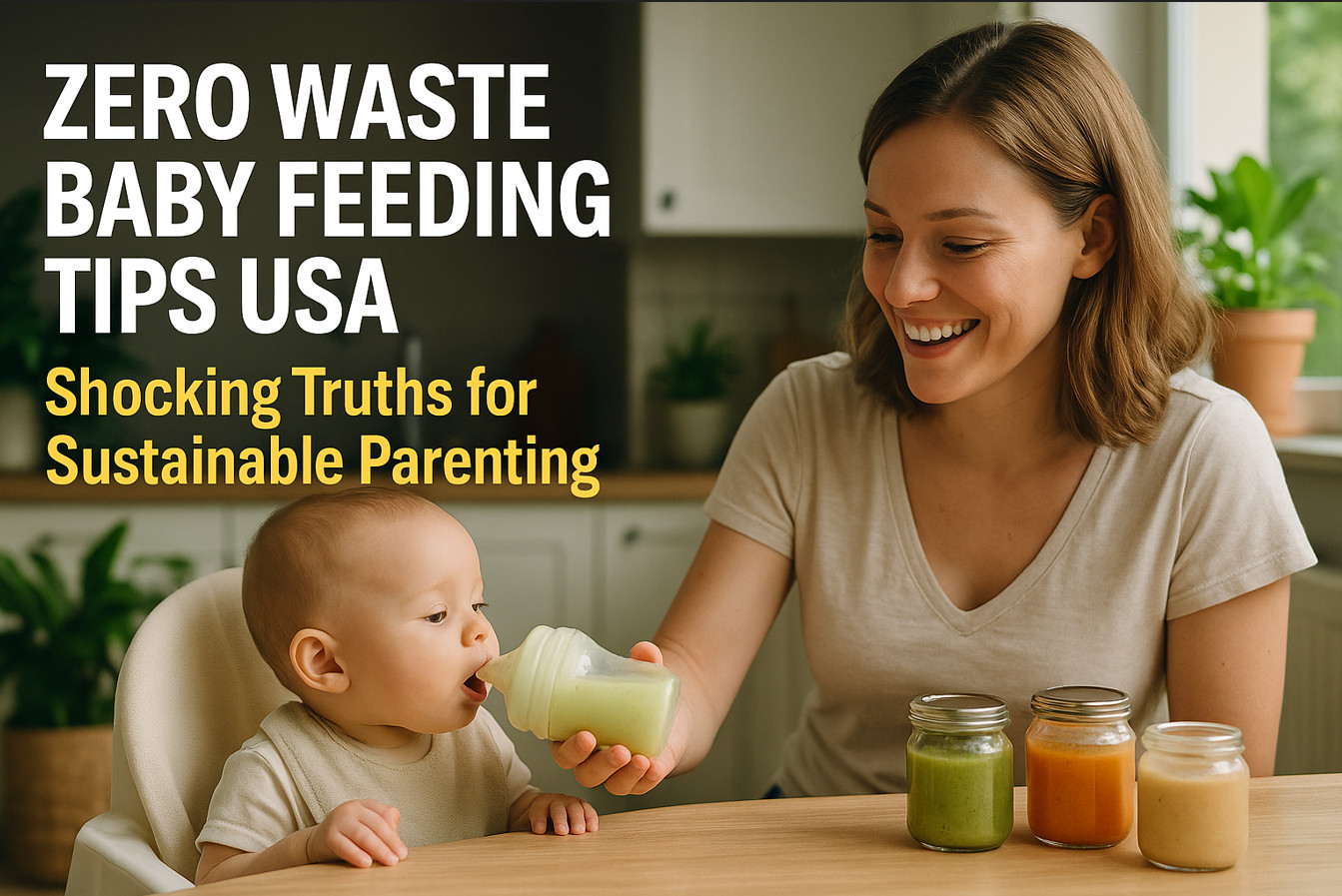
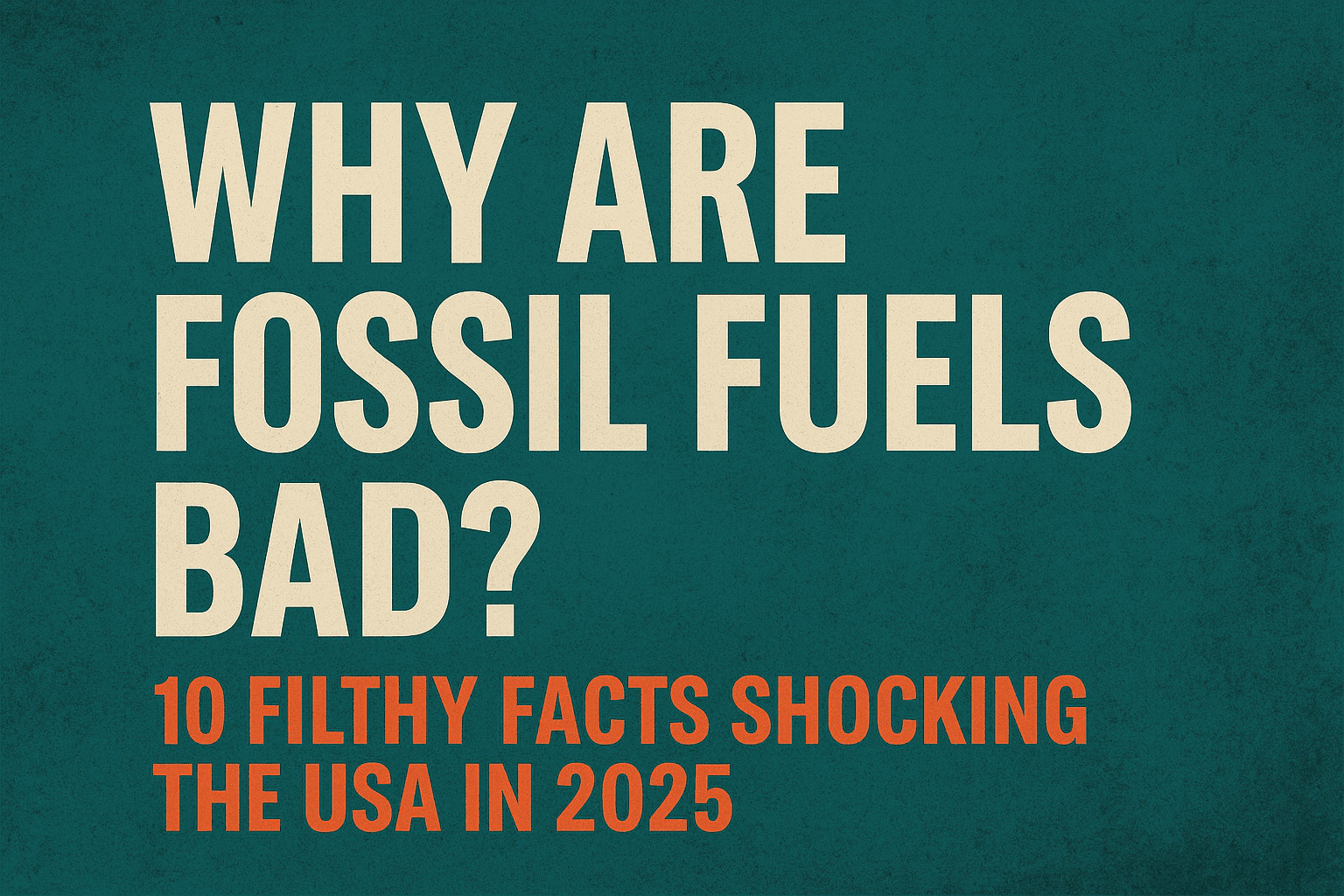
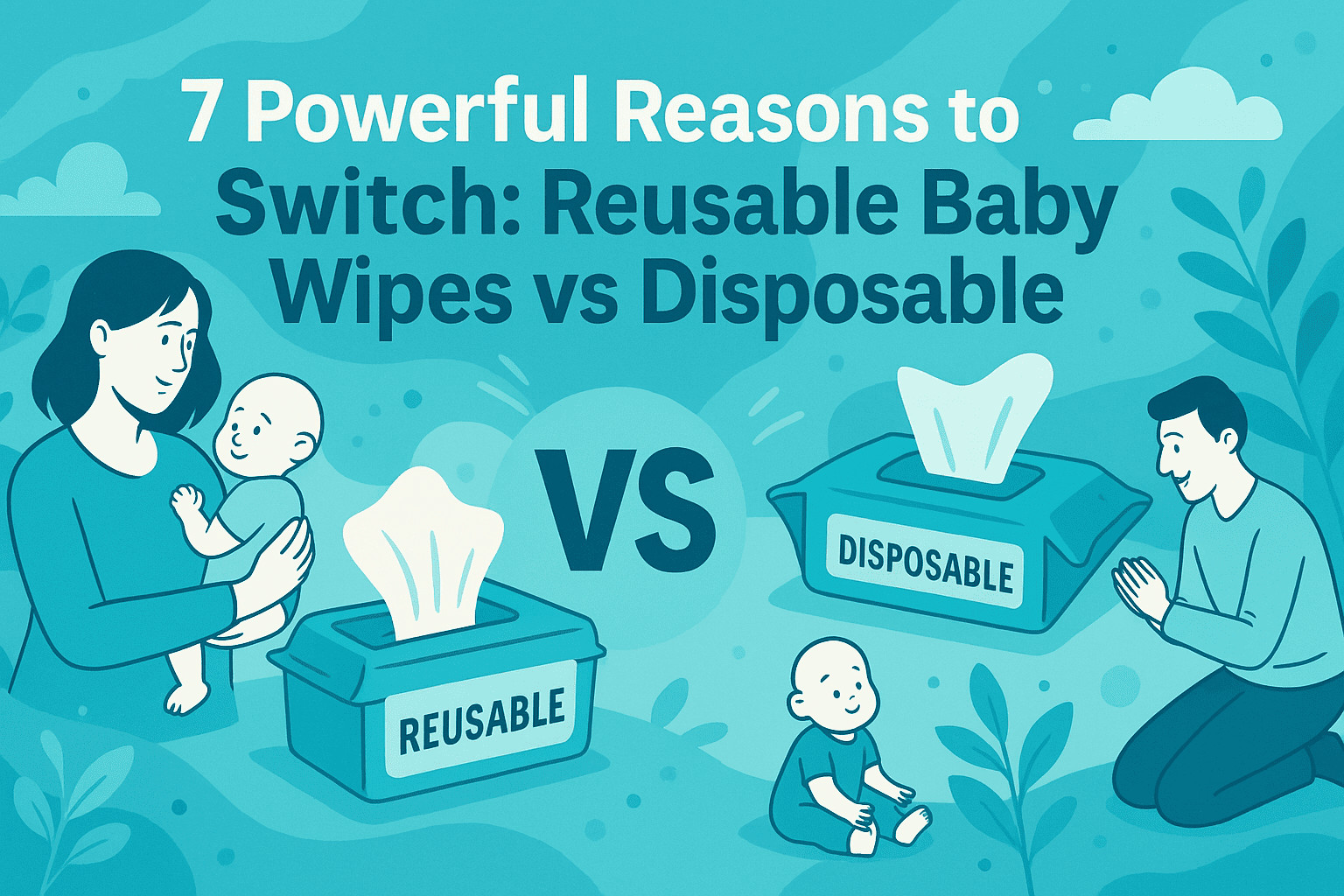
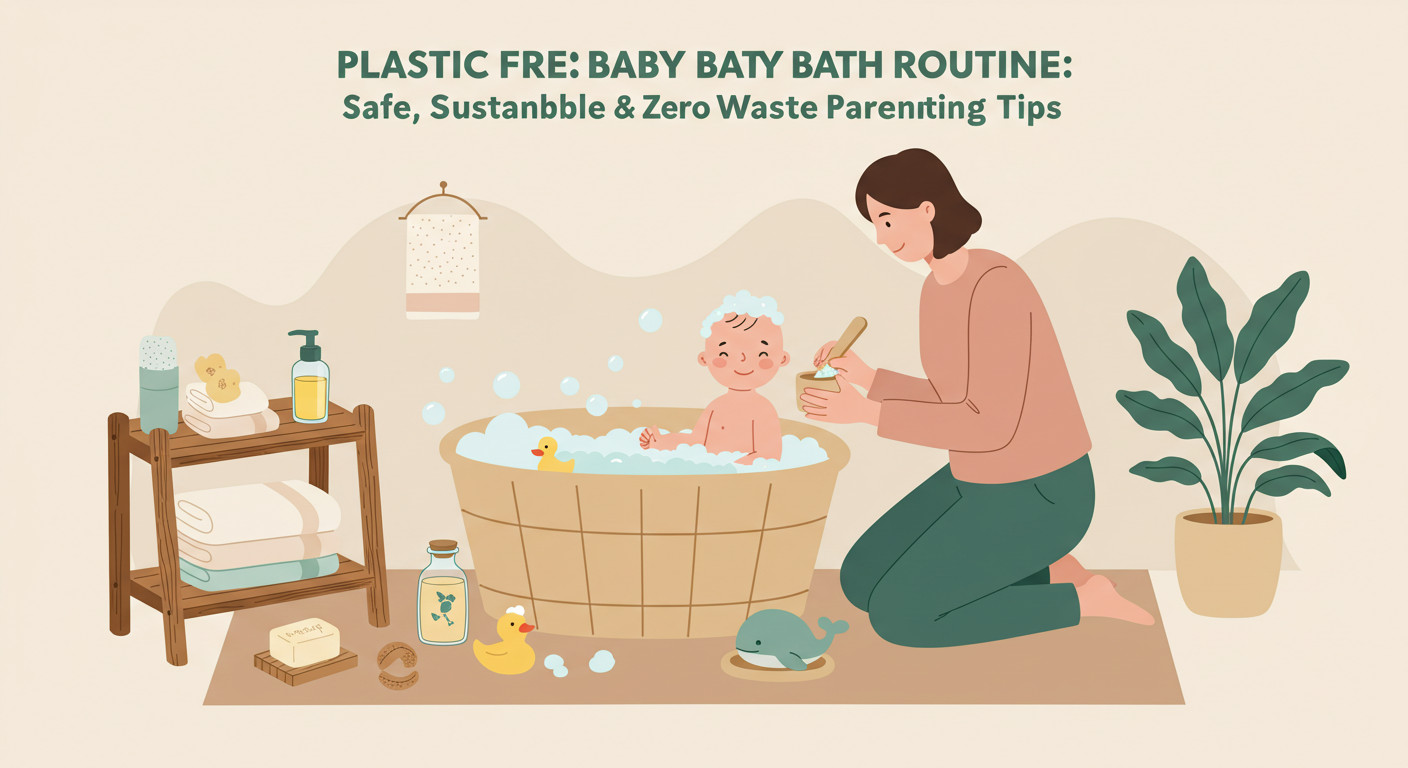
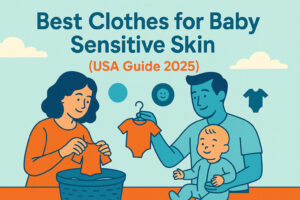
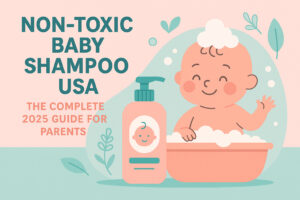
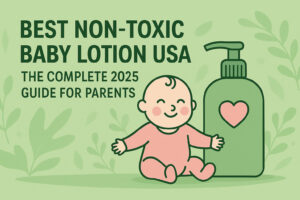


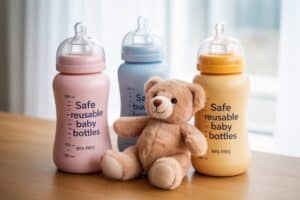

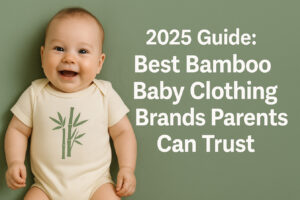
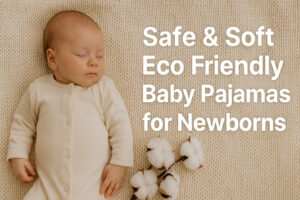
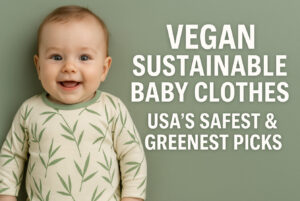
Post Comment